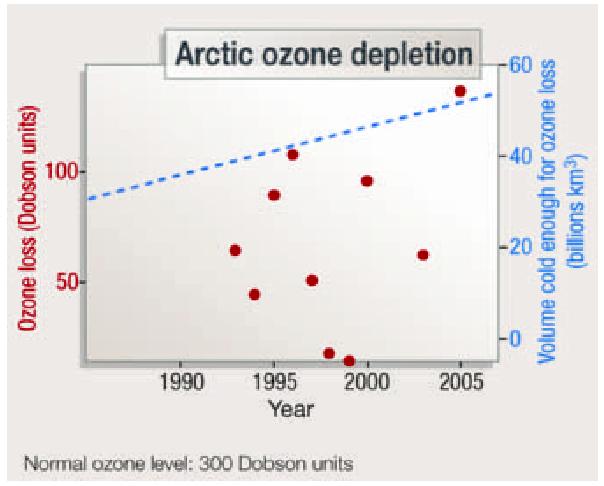The latest results from the EPICA core in Antarctica have just been published this week in Science (Siegenthaler et al. and Spahni et al.). This ice core extended the record of Antarctic climate back to maybe 800,000 years, and the first 650,000 years of ice have now been analysed for greenhouse gas concentrations saved in tiny bubbles. The records for CO2, CH4 and N2O both confirm the Vostok records that have been available for a few years now, and extend them over another 4 glacial-interglacial cycles. This is a landmark result and a strong testament to the almost heroic efforts in the field to bring back these samples from over 3km deep in the Antarctica ice. So what do these new data tell us, and where might they lead? [Read more…] about 650,000 years of greenhouse gas concentrations
650,000 years of greenhouse gas concentrations
 )
) 

